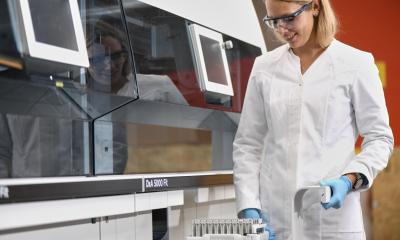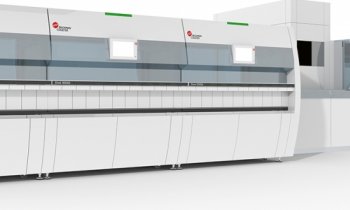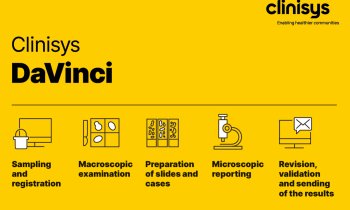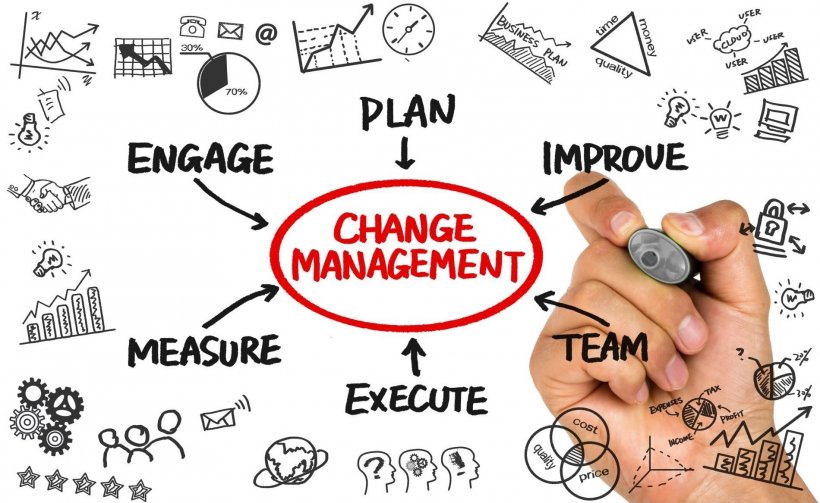
Image source: Shutterstock/bleakstar
Article • Laboratory management
Covid-19: Overcoming unprecedented challenges
During a pandemic, the demands for laboratory testing challenge routines in an efficiently run clinical laboratory. Gold standard procedures may need modification, or to be discarded, and the more nimble, resilient and receptive a lab is to change, the better off it could be.
Report: Cynthia E. Keen
Senior managers at ARUP Laboratories in Salt Lake City, Utah, a large clinical reference laboratory that offers over 3,000 diagnostic tests and test combinations to client laboratories throughout the USA, describe how they coped with ‘unprecedented challenges in a world turned upside down’ during the first six months of the Covid-19 pandemic, in their article in the American Journal of Clinical Pathology.
Communication and collaboration
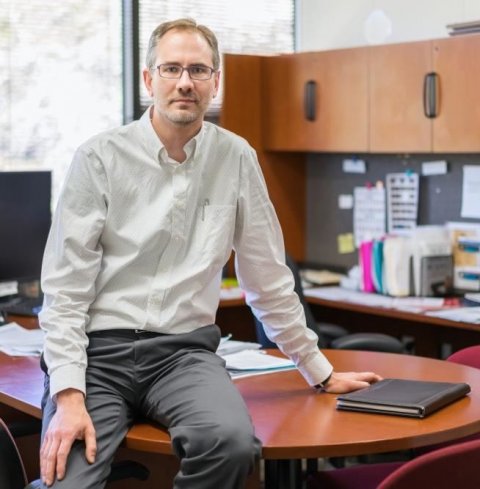
Communication and collaboration are the primary means of creating and maintaining a flexible, resilient organisational structure, explain chief operating officer Jonathan R Genzen MD PhD, and Brian R Jackson MD, medical director of support services, IT and business. Before the pandemic struck, ARUP management prided itself on enforcing essential-only meetings and e-mail messaging policy to maintaining good communications without sacrificing workforce efficiency. In-person department and medical directors’ meetings were held monthly. However, from March 2020 in-person meetings were cancelled, to be replaced with virtual meetings held once weekly to convey news and information and more rapidly deal with and implement necessary operational and policy changes.
The underpinning of all initiatives was decision-making collaboration across teams, departments, and divisions. ‘Laboratory operations, R&D, supply chain, finance, human resources, business development, IT, safety, and facilities all have an essential role in this coordinated response. Each is affected by how the laboratory should respond to the crisis, and conflicting departmental priorities can hinder the ability to successfully implement initiatives in a timely manner,’ the authors wrote. ‘Collaboration facilitated effective conflict resolution.’

Also in March, ARUP’s chief executive officer, Sherrie L Perkins MD PhD, began to send daily e-mails to the 4,000+ member workforce. Content included news updates about the lab, safety announcements, positive highlights of individual department achievements, and employee wellness tips.
To promote inclusiveness to all employees, ARUP conducted video ‘town halls’ as another means to respond to workforce questions and concerns. ‘It’s important to be informative and transparent during such stressful times,’ the authors pointed out. ‘This facilitated sensitive discussions about work reduction that included hourly and salary reductions across all departments and jobs, voluntary leaves of absence, and the lab’s financial health due to significant reductions in routine tests.’
FAQ for staff
The lab also developed a frequently asked question (FAQ) list to address clinical questions from staff and physicians. This was updated and expanded as needed. The answers provided were aligned to guidance provided by the World Health Organisation, the United States Centers for Disease Control and Prevention, and existing internal policies and procedures regarding safe handling of respiratory specimens. Additionally, a Covid-19 Communications Group, comprised of marketing and communications staff, immediately developed a new website page of links to published resources, podcasts, material, and a free public laboratory test selection support tool.
Supporting staff in turbulent times
Prior to the onset of the pandemic in late February 2020, this non-profit enterprise of the University of Utah’s Department of Pathology processed over 60,000 clinical tests a day. Routing testing volume dropped with the pandemic. ARUP pivoted to divert some lab and financial resources and staff to support SARS-CoV-2 molecular testing by its Molecular Infectious Disease and Molecular Genetics laboratories to maximise capacity for Covid-19 diagnostic test orders and serology, including cytokine testing.
Keeping the employee base intact and safe
Because clinical laboratory staff represents a highly trained scarce resource that cannot be easily or quickly replaced, ARUP’s guiding principle is to keep its employee base intact and safe during the pandemic. This has included a mix of offering work flexibility options, including remote working, where feasible; temporary leaves of absence; implementing temporary work and salary reductions fairly to both workers and managers; maintaining health benefits for all, and stringently implementing and enforcing safety measures. The increase in remote work options necessitated bolstering information technology services to support increased network use.
Fiscal budget changes
The clinical laboratory environment is very regulated and therefore adverse to quick change, but the crisis has required big decisions to happen fast
Jonathan R Genzen
The authors note that, because laboratory cash flows tend to be relatively stable and predictable, creating an operating budget for the following year tends to be a simple process of minor modification. The impact of a pandemic changes this. They recommend that because expenditures need to be evaluated based on cash availability, lab managers should adopt a dynamic budget mindset. ARUP implemented a rolling forecast model and has suspended non-emergency spending. Its objective is to preserve cash and available resources wherever possible and to justify expenditures based on immediate and Covid-19 related clinical needs.
‘The clinical laboratory environment is very regulated and therefore adverse to quick change, but the crisis has required big decisions to happen fast,’ Genzen pointed out. ‘We’ve learned to be nimbler and more efficient, but cautiously, so as not to compromise quality.’
Profiles:
Jonathan R Genzen MD PhD is chief operating officer at ARUP Laboratories in Salt Lake City, Utah.
Brian R Jackson MD is medical director of support services, IT and business at ARUP Laboratories in Salt Lake City, Utah.
11.03.2021




